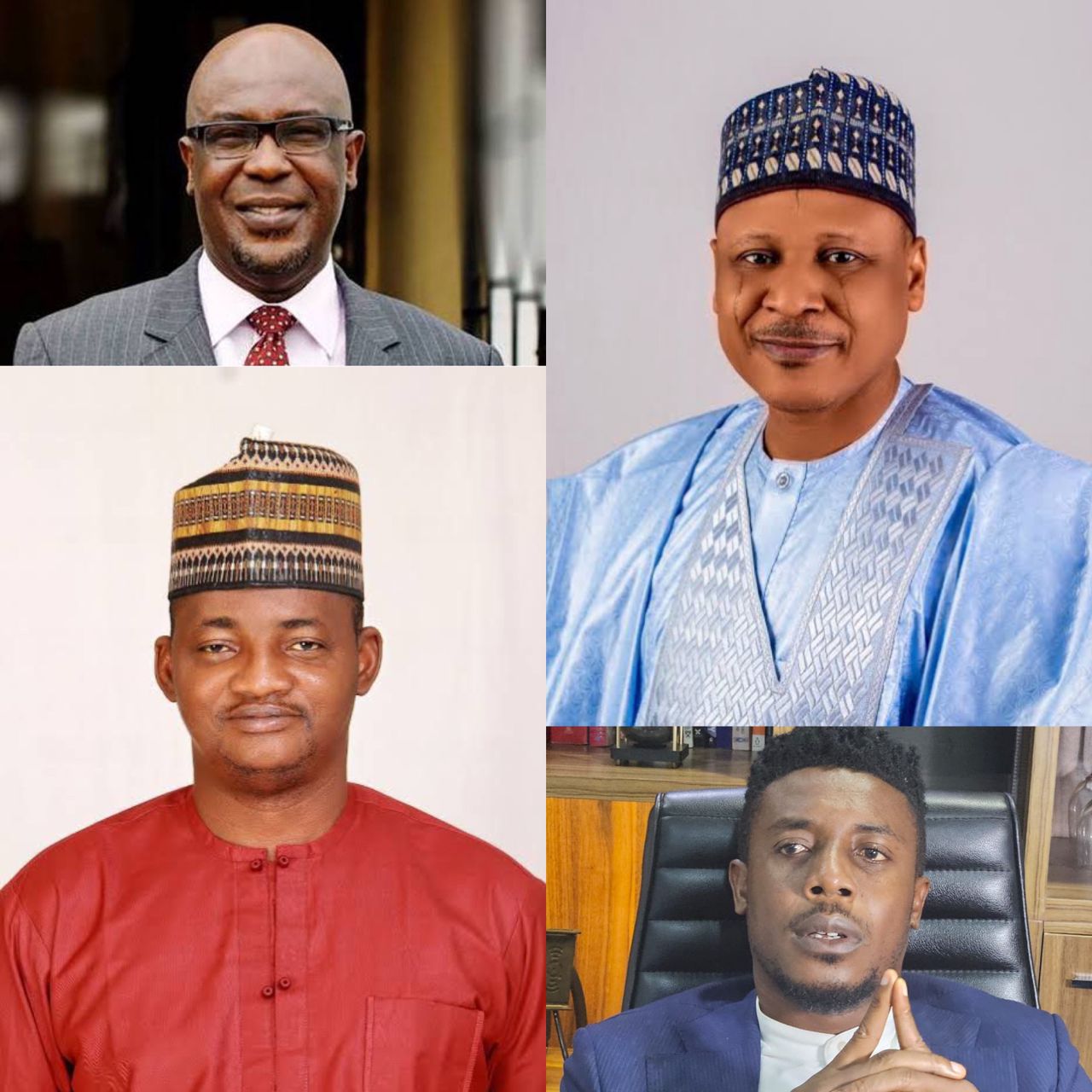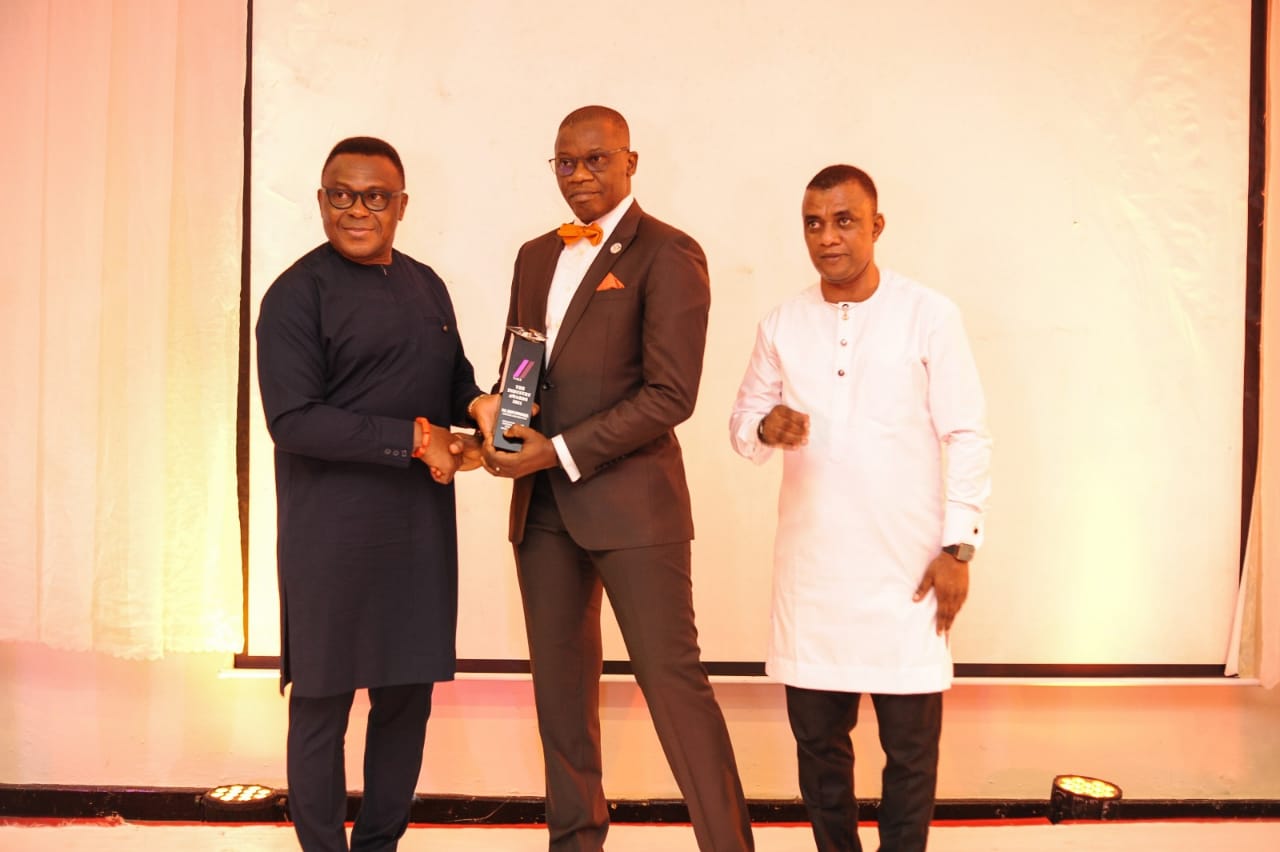Abimbola Mohammed revisits the issues surrounding the payment of pitch fees to marketing communications agencies and how their agitators were defeated by current economic realities.
Former Chairman of the Advertising Practitioners Council of Nigeria (APCON), now Advertising Regulatory Council of Nigeria (ARCON), Lou Akinwunmi, recently spilt the beans when he declared that the practice of advertising as he and others knew it had died and has led to a fusion of the different functions of marketing communication.
Akinwunmi, who made this position known during his appearance on C-Suite Café, a podcast hosted by veteran journalist and brand strategist, Ikem Okuhu., said the practice is overdue for a name change because of the changes that have taken place in the practice. He thought that the name should rather be something like an all-encompassing one, like Marketing Communication, to accommodate the fusion of advertising, Public Relations, Digital, and Experiential functions.
Beyond Akinwumi’s position, some industry experts and analysts have also expressed their concern over the fact that despite the growth recorded over the last 56 years in the industry, the fortunes of the sector have nosedived due to the downturn in the private sector, which have killed some of the lofty dreams of leading practitioners 10 to 15 years ago. One of such dreams is payment of pitch fee, which Akinwumi, the current Director General of the Advertising Regulatory Council of Nigeria (ARCON), Dr. Lekan Fadolapo and others vigorously fought for.
After winning the indigenisation war, which was made possible by the promulgation of the indigenisation law of the 70s, advertising practitioners have faced many other challenges. The Association of Advertising Agencies of Nigeria (AAAN), the umbrella body of advertising agencies, has, from inception, been concerned about deepening professionalism in the industry.
While they checkmated their members from involvement in sharp practices and other acts that could tarnish the image of the association, they also pointed out global standards to clients. Top among those standards was payment of pitch fee for participatory agencies in business pitching.
It was the need to redefine the agency/client relationship to tally with the international standard that brought up the issue of payment of pitch fee, which is mandatory at the international level.
In most of the advanced markets, pitch fees have been adopted as a standard order that can not be contested. In the last 15 years, associations of advertising agencies in Asia, Malaysia, Singapore, Taiwan, Korea, India and Japan have fought the issue of payment of pitch fees to a logical conclusion.
At the peak of the campaign for the justification for the payment of the fee, top practitioners like a former chairman of the Advertising Practitioners Council of Nigeria (APCON), Mr. Chris Doghuje, Akinwumi, and Fadolapo argued in various fora that payment of pitch fee was not alien to the profession.
They likened pitching exercises to a situation whereby a client walks to a lawyer or a medical doctor for consultation, after which the lawyer or the medical doctor is paid, even without handling any legal brief in the case of lawyers or performing any operation or administering any drug in the case of medical doctors.
The question today is whether the front liners can still maintain those positions in the midst of the economic downturn that has forced practitioners to bend their rules and think more of survival than professionalism.
Reacting to the current development and the new economic regime, Fadolapo simply said, “Nothing has changed. Whether I’m the DG of ARCON or not, my stand remains the same.
“Payment of pitch fee is a global standard that must be accepted accross board in ou industry. Hardly there is any country in the world where citizens haven’t one way or the other experienced a turbulent economic season, but that has not taken professionalism and ethical practice away from them. To this end, stakeholders should not deviate from pursuing courses that would enhance excellent practice. And I think payment of pitch fee is one of those things”
Also toeing the position of the DG, Martin Uro, the Managing Director/ CEO Sharebeta Digital Marketing CO & Solutions, believes that pitch fee is still realisable if practitioners stop deceiving themselves “Nigeria is a special case across industries because our norms rarely align with global best practice. In developed markets, pitch fees are not even up for debate; they are a standard, binding part of the process. Here, agencies still beg for access, sometimes churning out free ideas for six months to one year just to prove competence. Clients exploit this desperation, knowing full well that for every agency that rejects unpaid pitches, ten others will gladly jump in free of charge.” he stated.
According to him, the only way it becomes realisable, even in this economy, is if agencies form a united front, backed by associations like AAAN, APCON, and other stakeholder groups, demanding pitch fees as a non-negotiable rule. “Otherwise, clients will keep weaponizing the desperation of the industry against us. When you normalize free work, you destroy value. Pitch fees are not luxuries. They are the minimum respect for creative labour.” he added.
Speaking on the way out under the current economic regime, Uro pointed out that the way out is collective discipline. He said, “Nigeria’s creative economy is filled with some of the world’s most talented professionals, yet we are also plagued by the awkward hustle mentality that makes Agencies undercut themselves.
“The shameful reality is that after an established Agency rejects a free pitch, a startup often steps in, does the heavy lifting without pay, only for the client to execute the rejected idea under the guise that it came from their preferred agency.
“The way out is to institutionalise pitch rejection fees so that if a client rejects your ideas, there must be a fee to cover time, resources, and IP. It is also important to name and shame clients that exploit agencies’ intellectual property. Finally, the industry must close ranks by ensuring associations and agencies commit to a charter that protects practitioners from exploitation.”
Speaking further, the top practitioners argued that agencies can also be compensated through rejection fees or pitch fees, which are standard practice globally and long overdue here. “There should also be idea protection frameworks with contracts signed before presentations, making it illegal to lift and execute concepts without compensation. Performance-based bonuses should be introduced so that if a pitch idea is later adopted, even indirectly, the agency is compensated whether they win the account or not. Another option is shared credit recognition, where industry associations step in when agencies’ ideas are stolen and ensure proper attribution and financial redress.
“Without these measures, we will continue to fund clients’ strategy rooms for free.”
Speaking on what practitioners could do to maintain their sanity without appearing desperate for business while pushing for briefs, he urged them to always embrace self-worth over desperation. “In this era of AI revolution, clients already know that a half-decent strategist can whip up campaigns with machine support. What differentiates true agencies is human creativity, cultural intelligence, and executional excellence, and these come at a cost because that is where true value lies.
“To stay sane without looking desperate, practitioners must learn to say NO more often, because not every brief is worth the drain of free labour. They should leverage collaborations by forming consortiums with other agencies to share risks, pool resources, and present stronger cases to clients. They should also publicly advocate for fair play using industry platforms, conferences, and media to challenge bad practices.
“Finally, they must diversify and expand revenue streams so as not to rely solely on client retainers by building proprietary tools, content platforms, or side ventures that reduce desperation for unfair briefs. Sanity comes from knowing your worth.…” he stated.
Another top practitioner who spoke to MarketingEdge on condition of anonymity also corroborated Uro’s position that pitch fees are not optional. According to him, “If brand owners want the privilege of having 2 to 10 agencies compete, either for their entertainment or to help them decide which agency to partner with, then they should be willing to pay a token to compensate for the agencies’ time and effort. Agencies often have to hire external resources to develop a pitch deck, and in many cases, must put aside work for paying clients to focus on a pitch.Given the current economic climate, a pitch fee of ₦1.5M per agency should be regarded as the minimum payment for developing a full campaign. Ironically, the same clients who frown at paying a pitch fee are often willing to spend ₦30M – ₦100M on a brand influencer to execute the very ideas generated by the agency.”
However, under the current economic regime, the practitioner called for scrapping of pitch sessions and urged business owners to rely more on an agency’s track record or trust their instincts as marketers while engaging consultants.
“If you must hold a pitch, invite only two agencies. At least then, each agency knows they have a 50–50 chance of winning, not 1 in 10.” he stated.
For practitioners to maintain their dignity, a Mass Communications Lecturer at the Federal Polytechnic Offa, Olalekan Ojo, urged them to maintain their sanity without appearing desperate for business while pushing for briefs.
“Stand with other agencies and push back against the culture of pitching.
If you had a medical condition, you wouldn’t invite 10 doctors from 10 hospitals to demonstrate who has the best approach” Ojo said.
The position of those who feel the agitation for payment of pitch fee should be on notwithstanding, the economic reality has compelled majority of practitioners to see for survival above ethics. To this end, agencies now lobby business owners and accept anything thrown at them, whether it aligns with industry standard or not. Perhaps the best way to describe the current situation in the market is to borrow from Chinua Achebe’s ‘Things fall Apart’. In Marcom industry, things have indeed fallen apart. For this and more, it’s believed in some quarters that if the federal government through the Minister of Information and National Orientation, Alhaji Mohammed Idris, pays more attention to various reviews in the industry, the problem associated with pitch fee would be resolved once and for all.






Comment
No comments found.